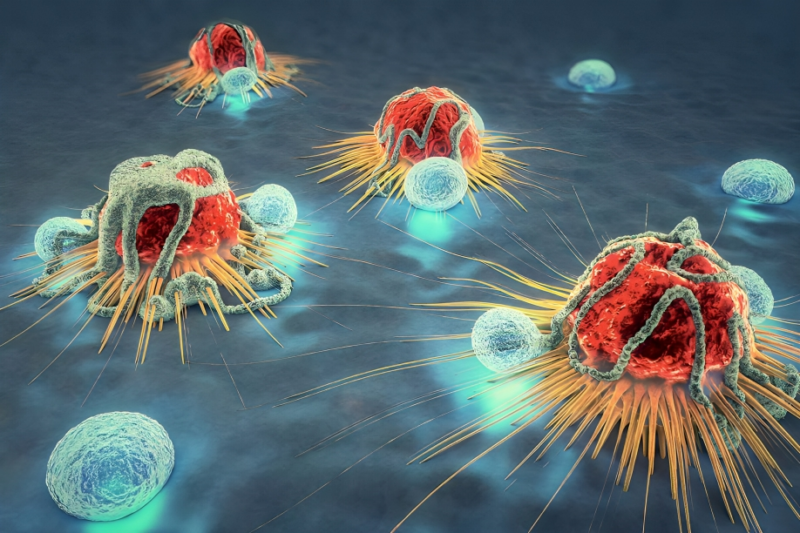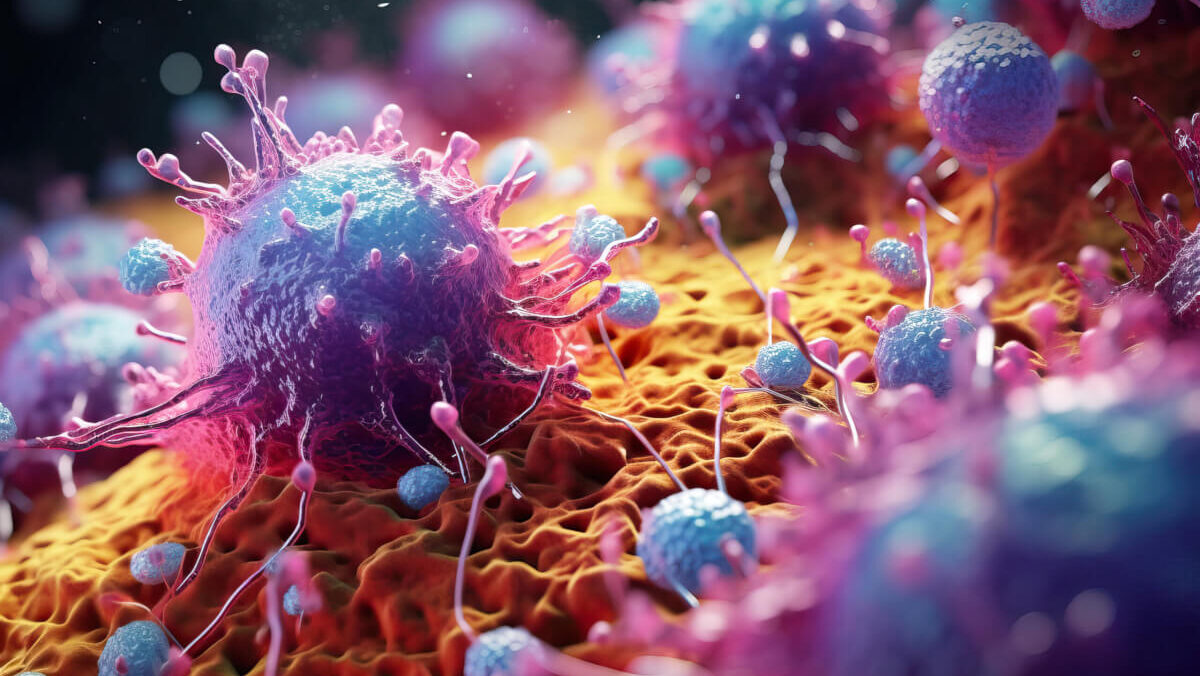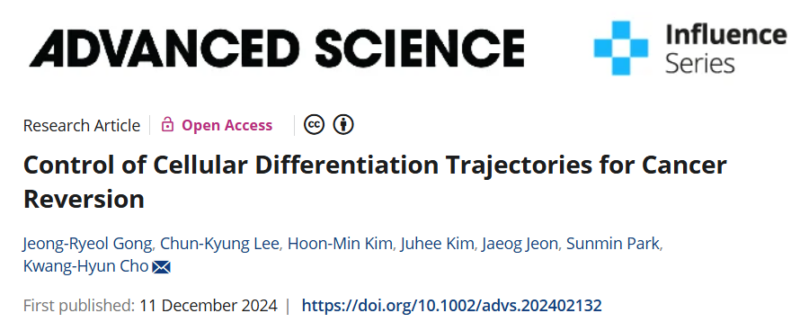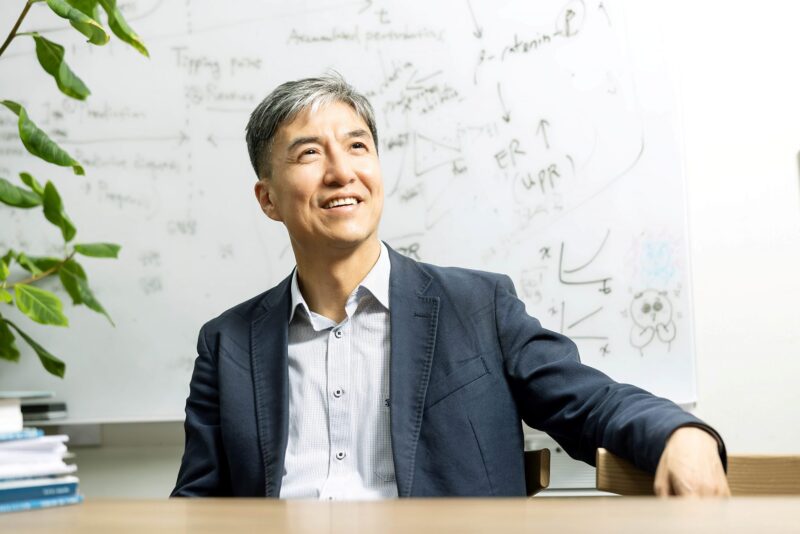Korean researchers have made a discovery in cancer treatment by successfully manipulating genetic switches in a line of colon cancer cells.
This innovative technique allows the cancerous cells to revert to a healthy state, offering a potential new approach to treating cancer. The breakthrough could significantly impact how we view and treat cancer, as it opens the door to methods that restore normal cell function rather than simply targeting and destroying malignant cells.
About the Study
The study presents a novel approach to cancer treatment through “cancer reversion,” where cancer cells are induced to revert to a differentiated and non-malignant state. The key idea behind this approach is to identify and target “master regulators,” which are molecules that control cellular differentiation. In previous studies, differentiation or trans-differentiation of cancer cells has been shown to induce cancer reversion in cancers like acute myeloid leukemia, breast cancer, and hepatocellular carcinoma. However, systematically identifying these master regulators has been a major challenge due to the complex nature of gene regulation. This study introduces a new computational framework, BENEIN (Boolean network inference and control), which aims to overcome these challenges by identifying the regulators responsible for differentiation.
BENEIN uses single-cell transcriptome data to reconstruct gene regulatory networks (GRNs) and identify master regulators involved in cellular differentiation. The framework differentiates between pre- and post-transition states of cells using exonic and intronic expression levels, and then applies complex network control to pinpoint key regulators that can induce the desired differentiation. In their application of BENEIN to the adult human intestine, the researchers identified MYB, HDAC2, and FOXA2 as master regulators. Inhibiting these regulators in colorectal cancer cell lines and xenograft models led to the reversion of cancer cells to a more normal-like state, demonstrating the potential of BENEIN in cancer reversion therapy.
In addition to its application in cancer reversion, BENEIN was also tested on granule neuron differentiation in the mouse hippocampus, identifying critical regulatory targets like Tcf4, Klf9, and Etv4. These results confirmed BENEIN’s utility not only in identifying cancer reversion targets but also in other biological contexts. This highlights BENEIN as a powerful tool for understanding and controlling gene regulation dynamics, with significant implications for developing new cancer therapies and exploring cellular differentiation across various biological processes.

The Result of the Study




